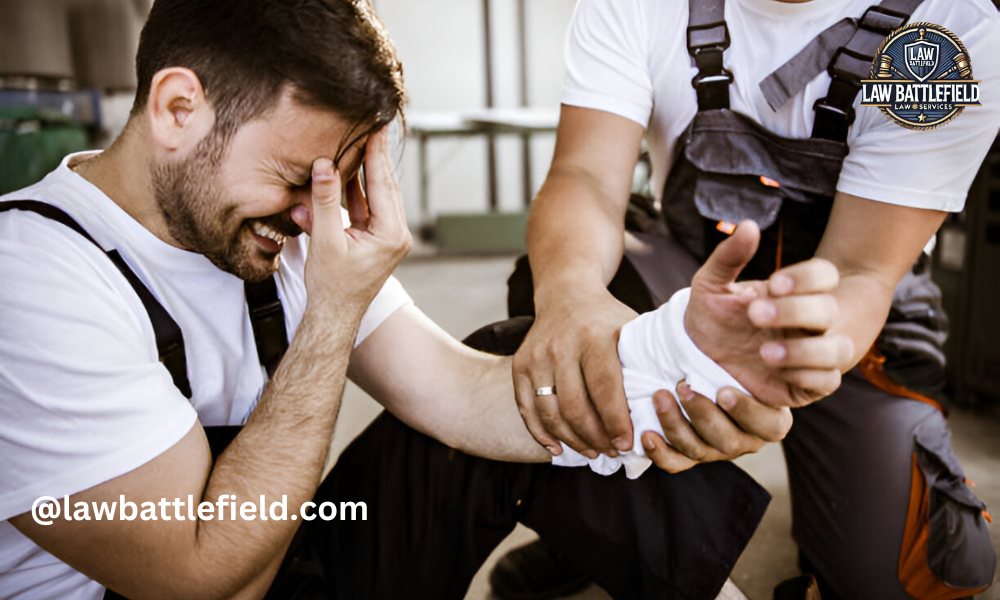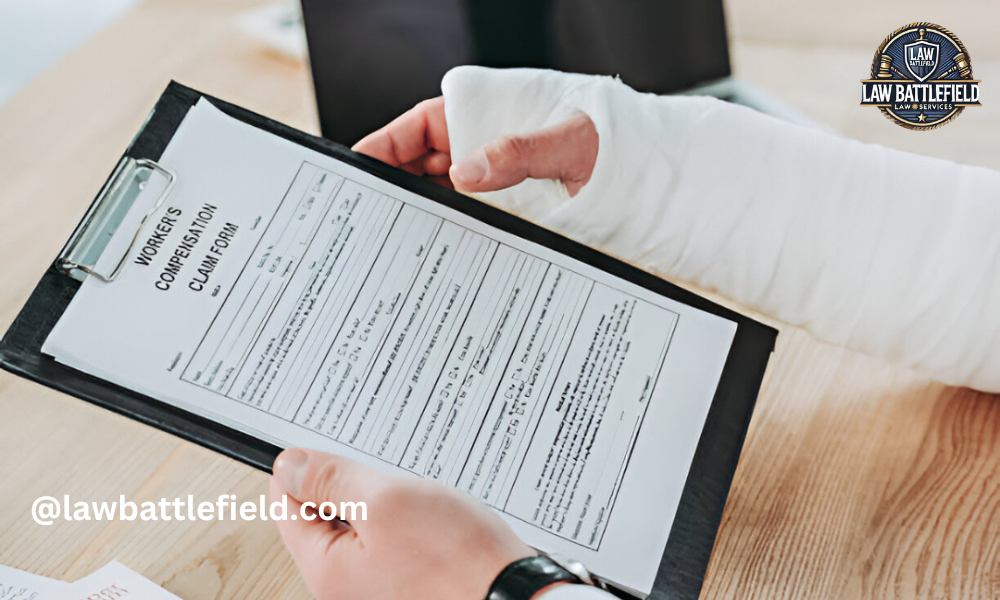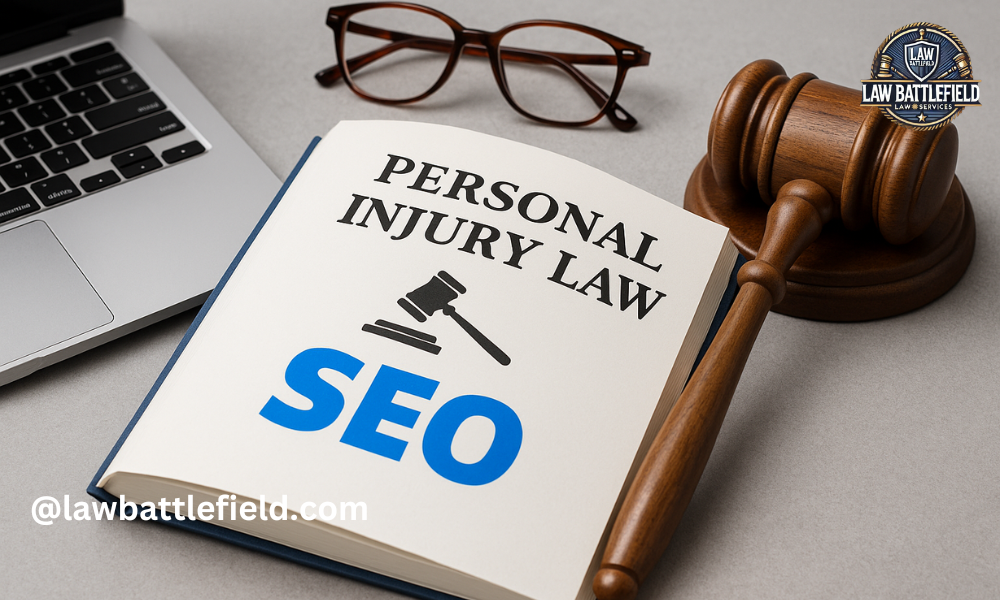Experiencing a personal injury can be life-altering. While physical recovery often takes center stage, emotional distress can be equally challenging. Learning how to handle these feelings is a crucial step in getting your life back on track.
Recognize Emotional Distress
Emotional distress may manifest in various ways. Feelings of anxiety, depression, or frustration are common. These emotions can stem from a sudden change in lifestyle or the uncertainty about the future. Acknowledging that you are experiencing these feelings is the first step in addressing them.
Seek Professional Support
Consulting a mental health professional can provide valuable guidance. Therapists or counselors are there to support with strategies that help cope with emotional pain. They empower people to work through what they’ve faced and develop healthy habits for managing difficult moments. You can also seek guidance from legal professionals at firms like The Insurance Outlaw to manage the financial and logistical stress that can come with a personal injury. Seeking professional help, whether for your mental health or managing the practical aspects of your recovery, can significantly accelerate your emotional healing.
Build A Support Network
Having a strong support network, in addition to seeking legal representation, is essential. Close companions and relatives bring solace and a sense of shared experience. Sharing feelings with loved ones can alleviate the sense of isolation and help you feel understood. You’ll find that having people who truly understand what you’re dealing with makes you heal faster.
Practice Mindfulness And Relaxation
Stress feels heavy, but mindfulness can lighten that load. Quiet moments of meditation, slow, deep breaths, and even gentle yoga can help settle your mind and sharpen your focus. Practicing these techniques anchors your awareness firmly in the present, effectively reducing the intensity of your anxiety. Practicing mindfulness is known for increasing emotional resilience.
Engage In Physical Activity
While physical limitations may exist, engaging in appropriate activities can boost your mental health. That “runner’s high” you feel after a workout? It’s endorphins surging, naturally boosting your mood and lowering stress levels. You’ll benefit immensely from simply moving a little or taking a short stroll. Don’t forget to consult your healthcare provider to understand what exercises are safe for you.
Maintain A Routine
Establishing a daily routine provides structure and predictability, which brings a sense of calm when everything feels shaky. Creating a predictable flow to your days puts you in control and helps you push aside those nagging worries. Incorporating enjoyable activities into your routine can also improve your mood.
Focus On Nutrition
A balanced diet supports both physical and mental health. The food you eat during recovery directly affects your emotional state and physical energy. Consuming a variety of fruits, vegetables, whole grains, and proteins is beneficial. Drink enough water throughout the day. Also, cut back on too much coffee or sugary snacks. Both can make your mood fluctuate.
Allow Time For Healing
Healing, both physically and emotionally, takes time. Patience with yourself is essential. Accepting that setbacks may occur can prevent feelings of frustration. When you celebrate every little step forward, it keeps you motivated and makes you want to continue your recovery journey.
Journal For Emotional Release
Writing about thoughts and feelings provides an outlet for emotional expression. Grab a pen and a piece of paper each day and process your life’s moments to gain clarity about how you feel. You’ll also observe long-term patterns, which can help you recognize your personal development and successful recuperation.
Set Realistic Goals
Setting achievable goals can provide a sense of purpose and direction. Such goals can relate to your recovery, hobbies and passions, or what you hope to achieve in life. Tackling big goals feels less scary when you break them down into small, manageable steps. Each finished step gives you a little boost of success.
Connect With Nature
Spending time outdoors can have a calming effect. It helps you find peace, relax, and think about life in general. Just a short time outdoors can boost your spirits and lessen worries. Incorporating nature into daily life can be a simple yet powerful way to support emotional health.
Avoid Negative Coping Mechanisms
It is important to steer clear of unhealthy coping strategies. Substance abuse or avoidant behaviors may offer temporary relief but can lead to further issues. Finding and using healthy coping methods keeps your emotional health in check.
Conclusion
Handling emotional distress after a personal injury requires using multiple strategies. Identifying your feelings, seeking support, and consistent self-care are fundamental. People who tackle their recovery with a plan often push through the hard times. They don’t just get better; they emerge stronger than before.
Was this article helpful? Check out more on Lawbattlefield.com
Can I File a Personal Injury Claim If I Was Partially at Fault?





